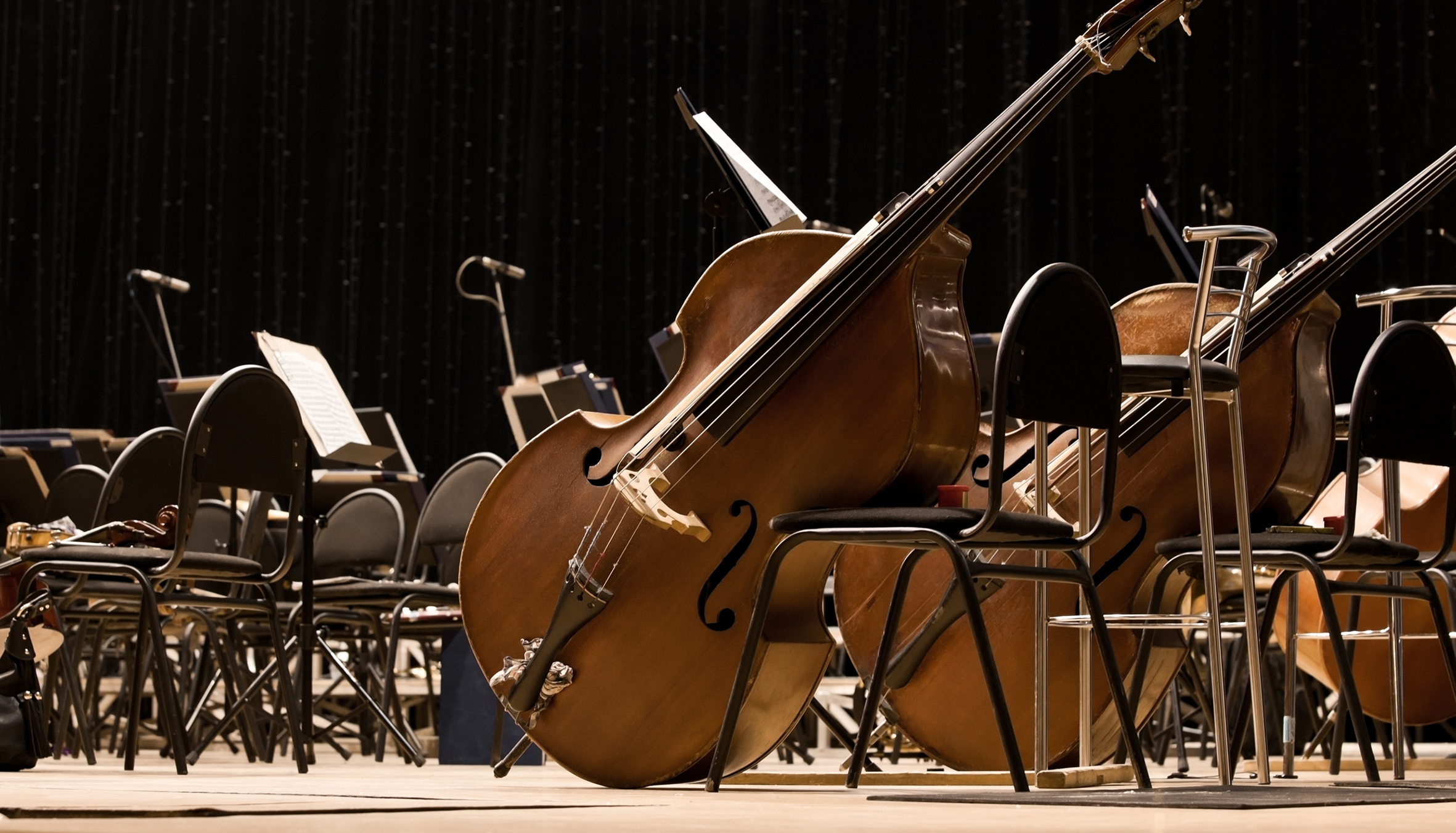Preserving the “Golden treasure” of the Czech Radio history
Czech Radio decided to use Piql’s solution to secure their most valuable and irreplaceable recordings and moments of radio history for future generations.
Czech Radio (Český rozhlas) is the national public broadcaster in the Czech Republic and has been operating since 1923. The radio is the 2nd oldest on the
European continent and holds almost 100 years of historical content and recordings, not only from Czech Republic and Slovakia, but also from other sources in Europe and across the globe.
The radio archive currently keeps 220 000 hours of sound recordings, millions of documents and pages of musical records such as notes and periodicals, containing a very rich and adventurous national heritage. The sound archive consists of the recordings of speeches, interviews, historical events, broadcasting archive and various recordings of sound and works of music . One part of the collection is still analogue, these historical recordings are being systematically digitized since 2002, while the recent years’ recordings are digitally-born.
A sophisticated system based on Oracle HSM is used for the data storage. The system makes three identical digital prints of each recording, one placed in a robotic sound library recorded on a cartridge tape, and two copies are kept – each on a different location because of the security reasons.
CHALLENGE
Keeping the information alive and accessible with traditional migration methods, the Czech Radio has been looking for a super-safe “disaster-proof” preservation solution for digital sound recordings without being able to find anything offering a desired level of security.
Despite the current sophisticated methods of storing this data, there is still some risk that the nation’s memory could get lost over time, due to bit rot errors during migration processes, software or hardware obsolescence or lack of money for successful migration. Further, the challenge of ensuring the authenticity of the digital material has been of interest to the institution without any clear solution either.
Czech Radio found great interest in Piql’s approach to preservation and decided to engage in a ground-breaking collaboration. When committing to the project of using the true preservation method for their material, the Czech Radio decided to choose some of their most beloved and irreplaceable assets. The project was defined as the “Golden treasure” of the Czech Radio and included ,among others, the authentic recordings from Prague’s uprising in May 1945, recordings from the Soviet invasion of Czechoslovakia in 1968, speeches from presidents, kings and prime ministers as well as documentation of political trials after the WWII war crimes.
"Piql Preservation Services represents an intriguing solution for secure data storage and long-term preservation and we find the technology very relevant to us."
Ing. Karel Zýka, Director of IT Czech Radio
SOLUTION
Piql deploys an open-source, technology and vendor-independent solution which guarantees future access to the stored content. This was one of the main differentiators for the preservation system to rely on for the future.
After Czech Radio defined the type of content they would like to preserve, it was evident that to be able to ensure the readability in the decades to come, there was a need for a joint and thorough process between Piql and Czech Radio to improve and complete the content metadata descriptions. Further, it was advised that all sound recordings should be preserved in open-source WAV format. This entitles Piql to write the format specifications in human-readable text together with the content and metadata and thus enabling future retrieval independent of technology development and obsolescence.
Once the content is safely written on piqlFilm, it never has to be migrated again and can thus be kept in the Czech Radio archive for centuries without the need of any future resources to keep it “alive”.
FUTURE
Seeing the results of the successful collaboration safeguarding their „Golden Treasures“, Czech Radio would like to continue protecting more of their valuable
sound recordings by storing their most irreplaceable assets on an annual basis.

